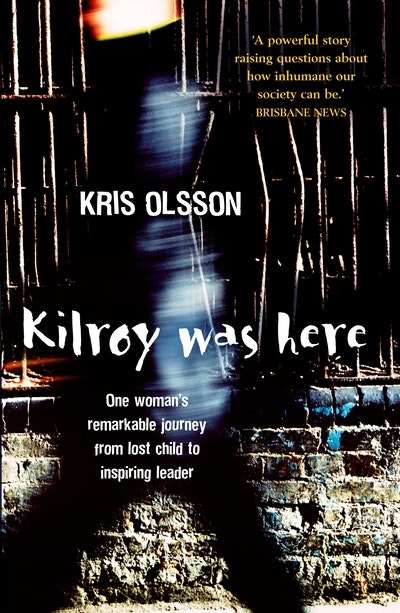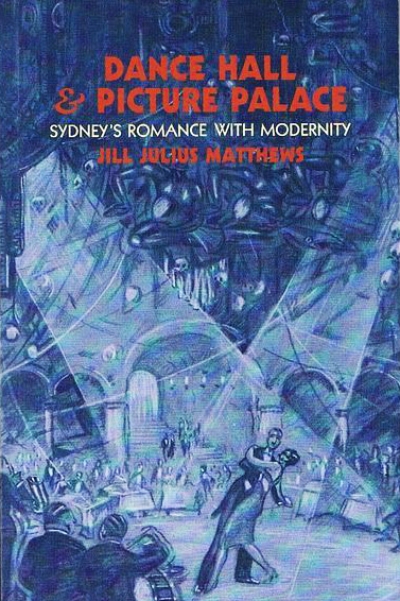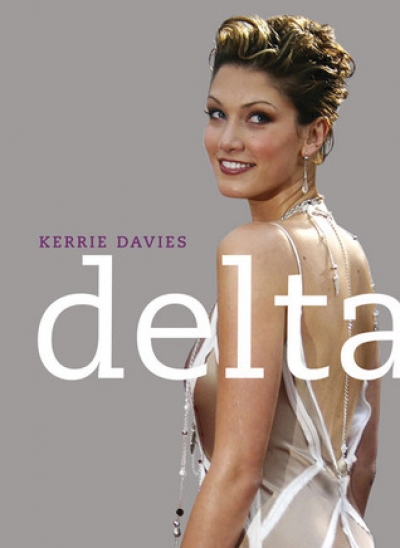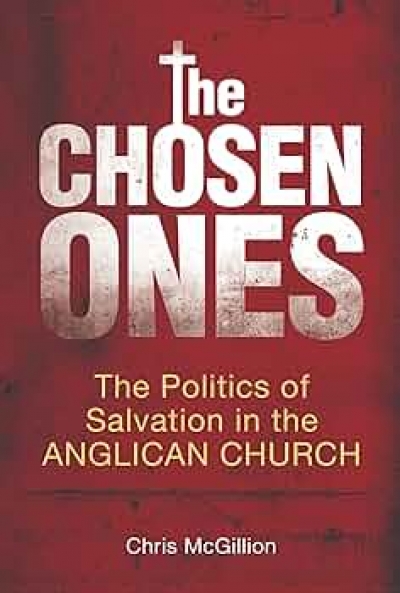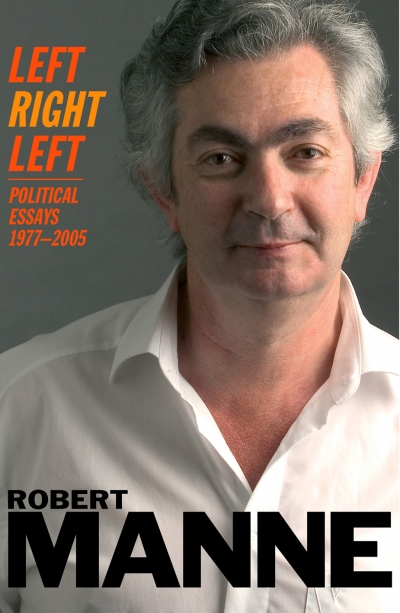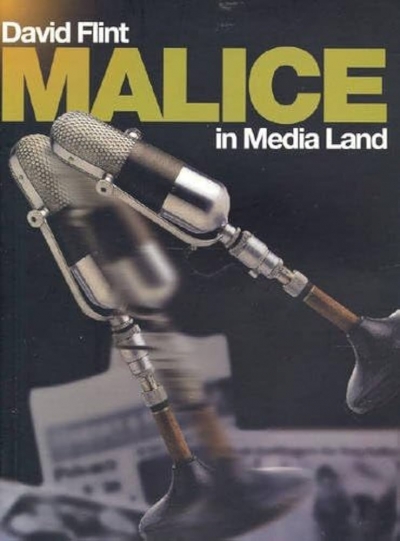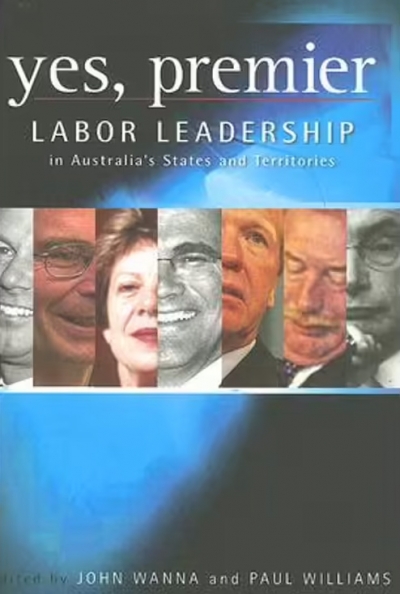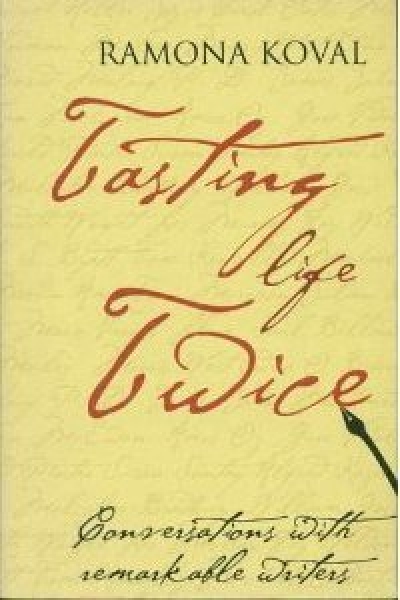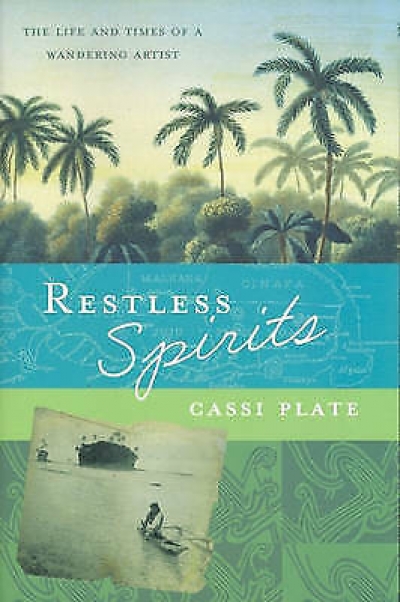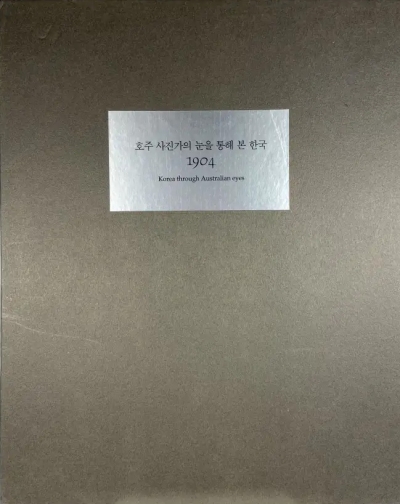Review
Kilroy Was Here by Kris Olsson & Desperate Hearts by Katherine Summers
by Christina Hill •
Dance Hall and Picture Palace: Sydney's romance with modernity by Jill Julius Matthews
by Alice Garner •
The Chosen Ones: The politics of salvation in the Anglican Church by Chris McGillion
by Ann-Marie Priest •
Yes, Premier: Labor leadership in Australia's states and territories edited by John Wanna and Paul Williams
by Frank Bongiorno •
Tasting Life Twice: Conversations with remarkable writers by Ramona Koval
by Georgina Arnott •

